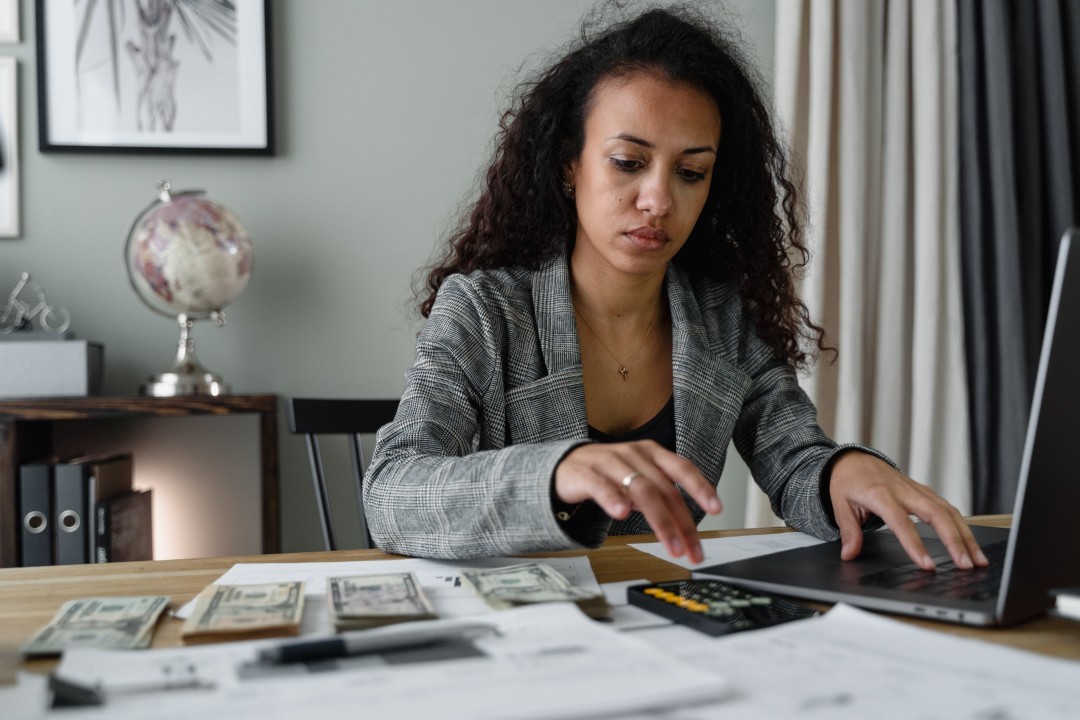What it Truly Means to Be a Woman: A Journey of Complexity
The experience of womanhood is like a beautiful and diverse tapestry in the grand fabric of life. It's completely normal to feel confused and unsure when trying to understand what it truly means to be a woman. This article is here to help and explore the various aspects of womanhood. Let's embark on this journey together as we unravel the complexities and intricacies of being a woman.
Being a woman is a complex and multifaceted experience. It involves different dimensions such as biology culture history and societal expectations. These factors shape our understanding of womanhood. Throughout history the perception of womanhood has been influenced by cultural norms societal roles and the representation of women.
It's important to acknowledge that every woman's experience is unique. What it means to be a woman can vary greatly from person to person. Women come from diverse backgrounds have different beliefs and face unique challenges. That's why it's crucial to listen to and respect each woman's journey.
By embracing the complexities of womanhood and recognizing the diversity within it we can create a more inclusive and understanding society. Let's support and uplift each other as we navigate this intricate path of womanhood celebrating the strength and contributions of women in all their beautiful forms.

Unraveling the Layers of Womanhood
Some people believe that defining a woman is as simple as identifying an adult human female. However others question this definition especially when it comes to transgender women. They argue that gender is not determined solely by biology but is instead a social construct. They believe that biological differences should not be the only criteria for determining someone's gender.
The reality is that the concept of womanhood is much more complex than a straightforward binary distinction. It encompasses a range of factors that extend beyond biology. These factors can include cultural social and personal aspects. Womanhood is not solely defined by one's biological sex but also by how a person identifies and how society perceives them.
For transgender women their gender identity may not align with the sex they were assigned at birth. They may identify and live as women even if they were not born with female reproductive organs. This challenges the idea that gender can be determined solely by biological differences.
It's important to recognize and respect the diverse experiences and identities of individuals. Womanhood is not limited to a narrow definition but instead encompasses a broad range of backgrounds and identities. By understanding and accepting this complexity we can create a more inclusive and supportive society for everyone.
The Influence of History and Culture
Throughout history the perception of womanhood has been shaped by many societal cultural and historical influences. Caribbean novelist and thinker Sylvia Wynter criticizes the biocentric worldview that emerged from European colonialism. The transatlantic slave trade perpetuated the idea that certain biological differences justified the inhumane treatment of individuals as property. This highlights how race has been intertwined with womanhood forcing us to recognize that the concept of womanhood is inherently influenced by race.
In the not-so-distant past the era of racial segregation in the United States during Jim Crow the legal recognition of gender was a privilege reserved for the white population. The segregation of public toilets into "Men" "Women" and "Colored" emphasized how gender binaries were constructed to uphold systems of racial division.
French philosopher Simone de Beauvoir 1949 famously argued that becoming a woman is a process influenced by the social construction of our bodies rather than a fixed state determined at birth.
Moving Beyond Biology
The question of what defines a woman expands beyond reproductive biology. It encompasses the intersection of societal perceptions and individual self-identification. Marsha P Johnson an influential figure in the fight for LGBTQ+ rights navigates the boundaries of traditional understandings of womanhood.
As a gender-nonconforming individual in 1960s New York City Johnson identified as a self-proclaimed street transvestite and rejected conventional labels. Her identity challenges contemporary notions of trans womanhood and traditional concepts of womanhood.
Navigating the Complexity and Diversity
In today's society individuals embrace a wide spectrum of gender identities leading to both acceptance and resistance. Some people express anxiety about misgendering others striving to recognize and honor diverse gender experiences.
On the other hand some individuals adamantly adhere to the belief in a strictly biology-based understanding of gender. Whenever conflicting perspectives emerge determining what is right and real becomes a complex task.
Womanhood as a Symbolic Community
Even though the concept of womanhood is complex and there are different viewpoints on it it still carries great symbolic meaning. It stands for a community that exists in people's minds – a community that values femininity and stands against the limits placed by sexist societies. Womanhood is not just about an individual's sense of identity but it also represents a collective notion that goes beyond borders.
Womanhood is an inclusive concept that brings together those who identify and experience life as women regardless of their biological differences. It acknowledges that being a woman is more than having certain physical traits. It is about embracing femininity breaking free from gender stereotypes and challenging societal expectations.
This collective understanding of womanhood provides a sense of belonging and support for those who identify as women. It recognizes the shared experiences struggles and triumphs that women encounter worldwide. It brings women together to stand against discrimination inequality and gender-based violence.
By recognizing womanhood as a collective concept we can foster unity understanding and solidarity among women from diverse backgrounds and experiences. We can celebrate the unique qualities that make each woman who she is while acknowledging the common ground that connects them.
Expanding the Boundaries of Womanhood
To truly embrace the inclusivity of womanhood it's essential to shed the biocentric perception that restricts its political potential. Womanhood should expand its horizons to encompass the voices and experiences of individuals like Marsha P Johnson. By relinquishing the limitations of a strict biological framework we pave the way for a more comprehensive understanding of womanhood that includes all women regardless of their backgrounds or identities.

The idea of being a woman is like a magnificent and detailed piece of art that shows the amazing variety of people and the complicated aspects of life. Understanding and embracing womanhood means being open to different ideas caring deeply about others and treating everyone with kindness and fairness. By acknowledging how history culture and society shape our understanding of what it means to be a woman we can better grasp the many different sides of womanhood. Let's keep exploring keep learning and keep celebrating the incredible range of women and the remarkable contributions they make to our world.
